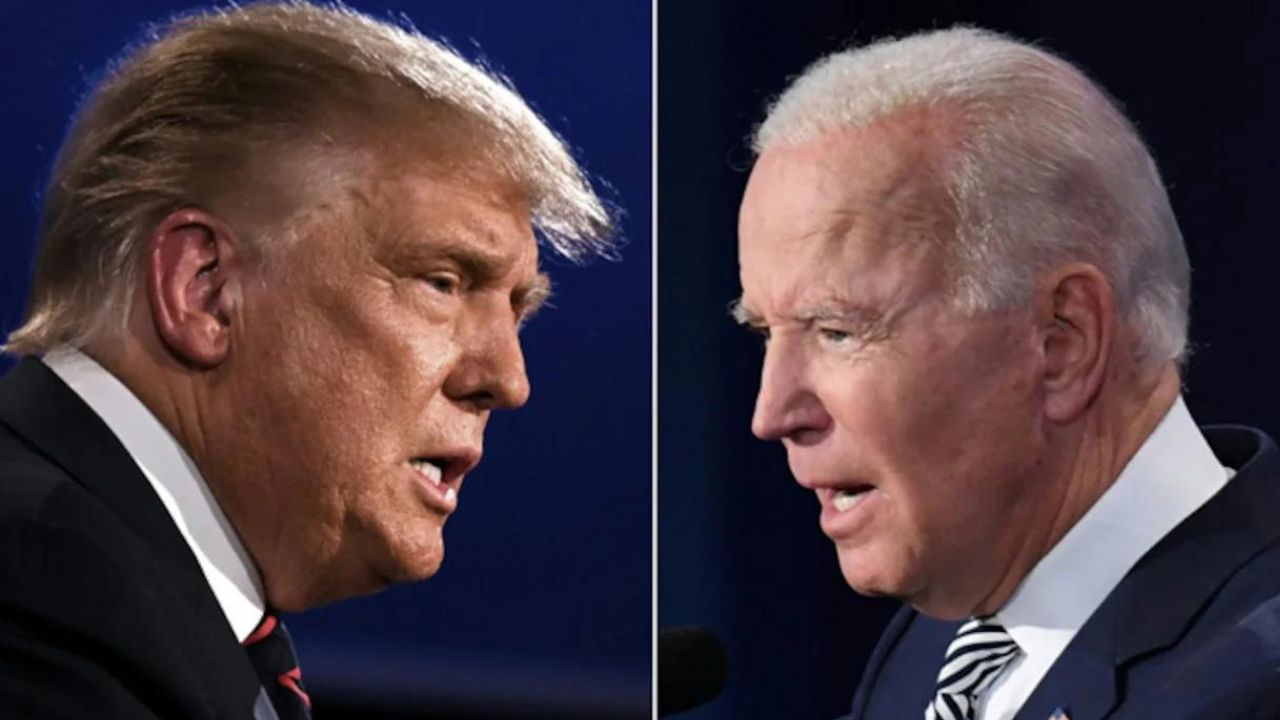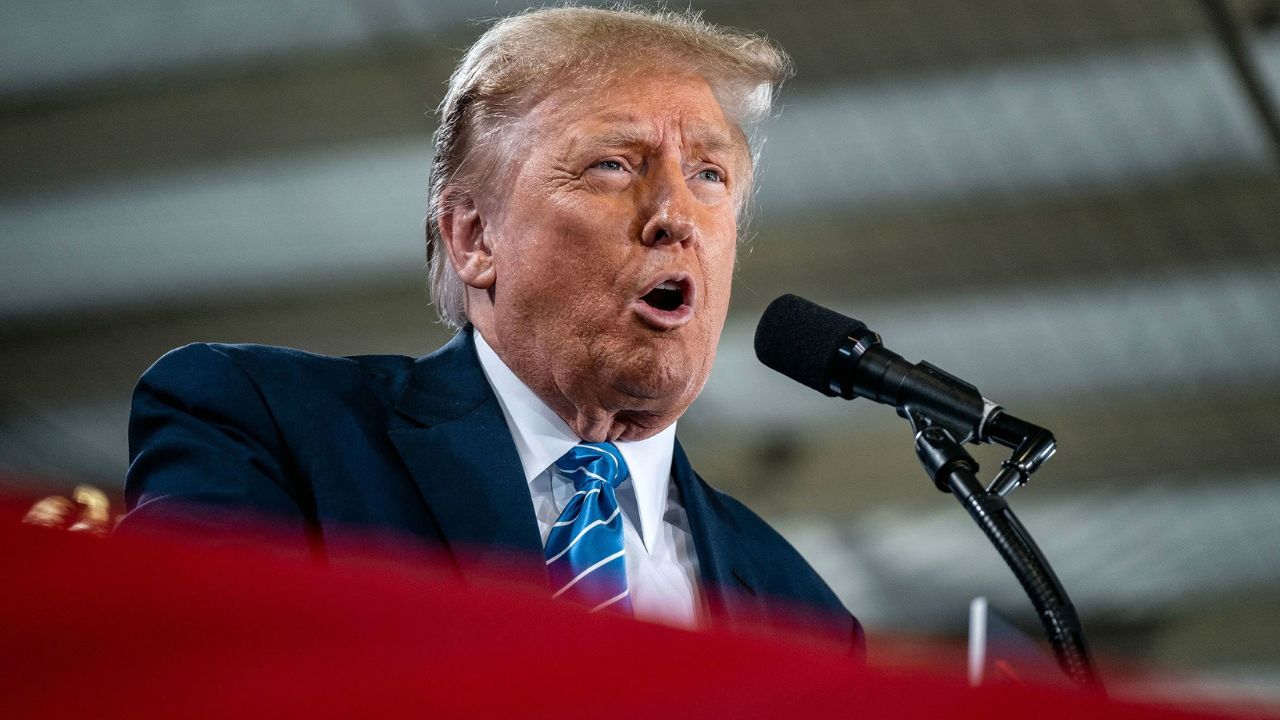Proclaiming that “I’m a big believer in tariffs,” former President Donald Trump hinted at the possibility of reinstating duties on foreign goods if reelected.
Trump emphasized the dual benefits, both economic and political, that tariffs can bring when strategically employed against countries perceived to be taking advantage of the United States.
“I’m a big believer in tariffs,” Trump asserted, underscoring his economic rationale: “I fully believe in them economically when you’re being taken advantage of by other countries.”
Beyond the economic implications, Trump sees tariffs as a tool that empowers the U.S. in its diplomatic relations, offering leverage when engaging with other nations.
The Political Landscape:
These statements come against the backdrop of a closely contested race in the polls between Trump and President Joe Biden.
Having secured victories in the recent Republican primaries and with no opponents left, Trump appears poised to become the party’s nominee.

The upcoming election is poised to be heavily influenced by economic policies, making Trump’s stance on tariffs a key focal point of discussion.
During his previous term from 2017-21, Trump implemented a series of tariffs targeting various countries, including China, Mexico, and the European Union.
Also, a 25% duty was imposed on imported steel and aluminium, reflecting his commitment to reshaping international trade dynamics.
When Tariffs Were Implemented:
Trump’s tariff strategy unfolded throughout his administration, reflecting a proactive approach to addressing what he perceived as unfair trade practices.
From 2017 to 2021, the U.S. engaged in tariff disputes with major trading partners, resulting in a complex web of economic policies and negotiations.

The imposition of a 25% tariff on imported steel and aluminium exemplified Trump’s commitment to protecting domestic industries. This move aimed to level the playing field and curb what he saw as the negative impact of cheap imports on American businesses.
The Impact of Tariffs:
Beyond the economic realm, Trump highlighted the political advantages of tariffs, asserting that they provide a strategic edge in diplomatic negotiations. The ability to wield tariffs as a bargaining chip allows the U.S. to assert its interests and influence international agreements.
As the election approaches, Trump’s stance on tariffs adds a layer of complexity to the discourse surrounding economic policies.
Supporters applaud his efforts to prioritize domestic industries, while critics argue that tariffs can lead to retaliatory measures and disrupt global trade stability.
